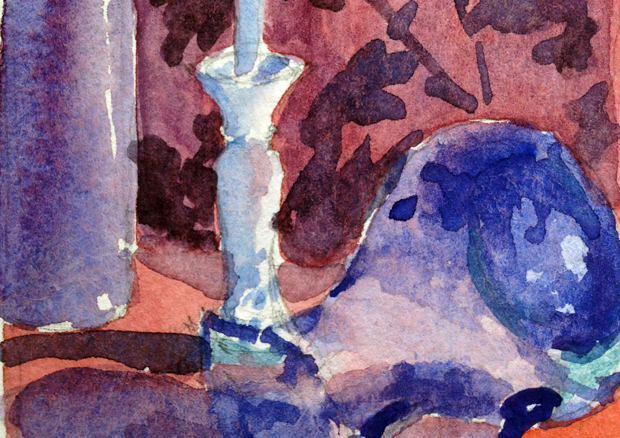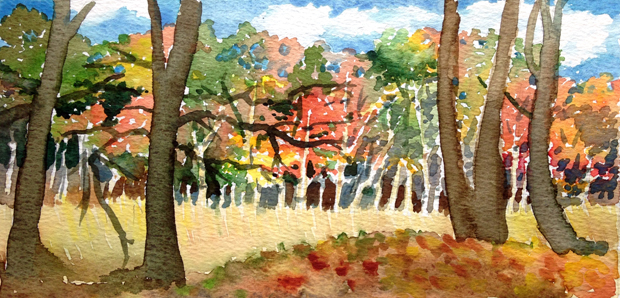O Divine Master, grant that I may not so much seek
To be consoled as to console,
Two aphorisms come to mind: You reap what you sow, and ‘Tis better to give than to receive. I mentioned at the beginning of this project that I had been reciting St. Francis’ prayer each morning before meditation in the months leading up to my father’s death. During the sad days and weeks following his passing, this phrase was very much in my awareness, offering its own consolation.
Seeking to be consoled is a turning inward, a way of balling up into a shell and waiting for help. I might as well dare people to show me that I am worthy of love. Consoling, on the other hand, is an act of loving connection, even at a time when everyone is in need of consolation. The distinction is not between being selfish or selfless. It’s about hiding or reaching out. Continue reading








